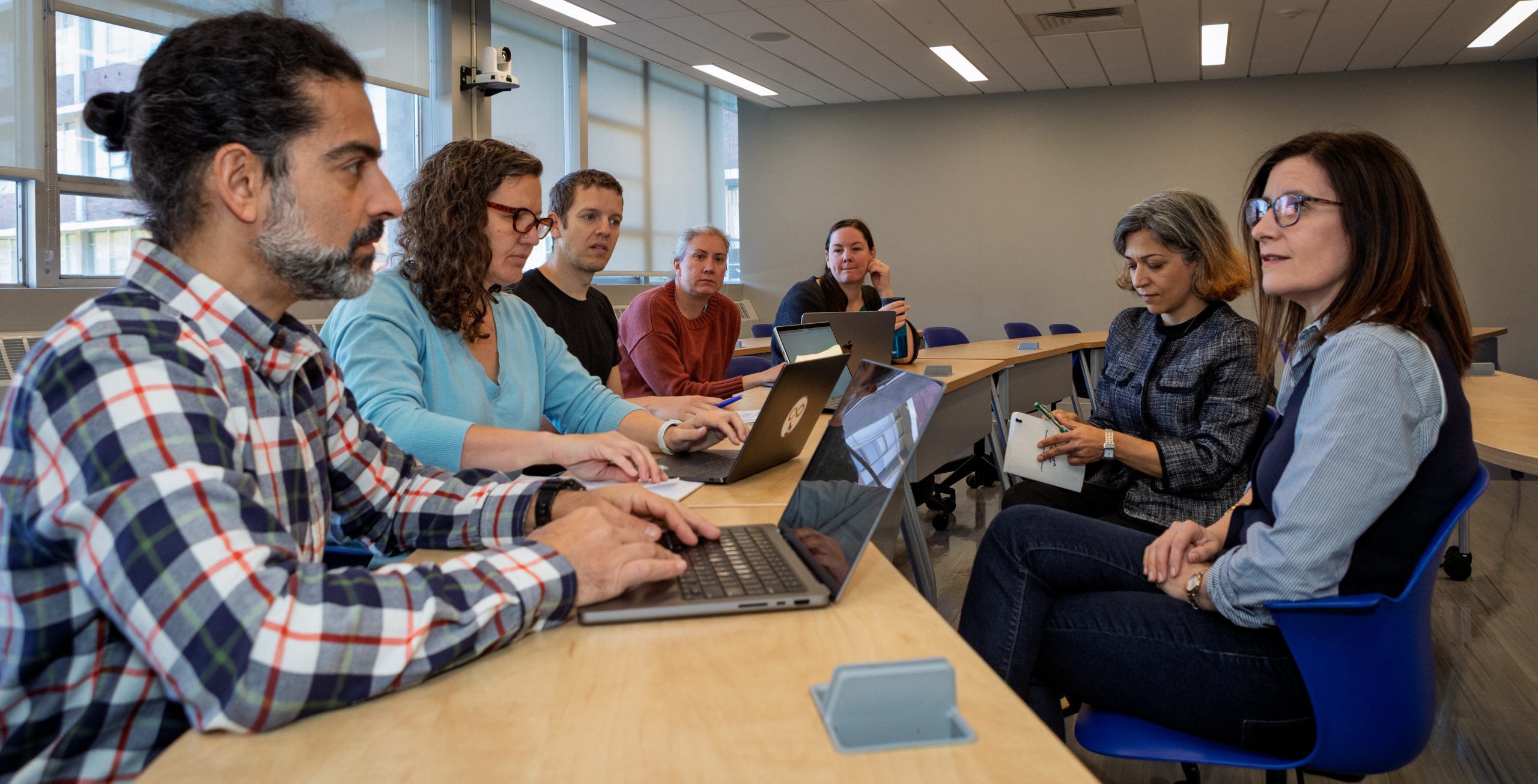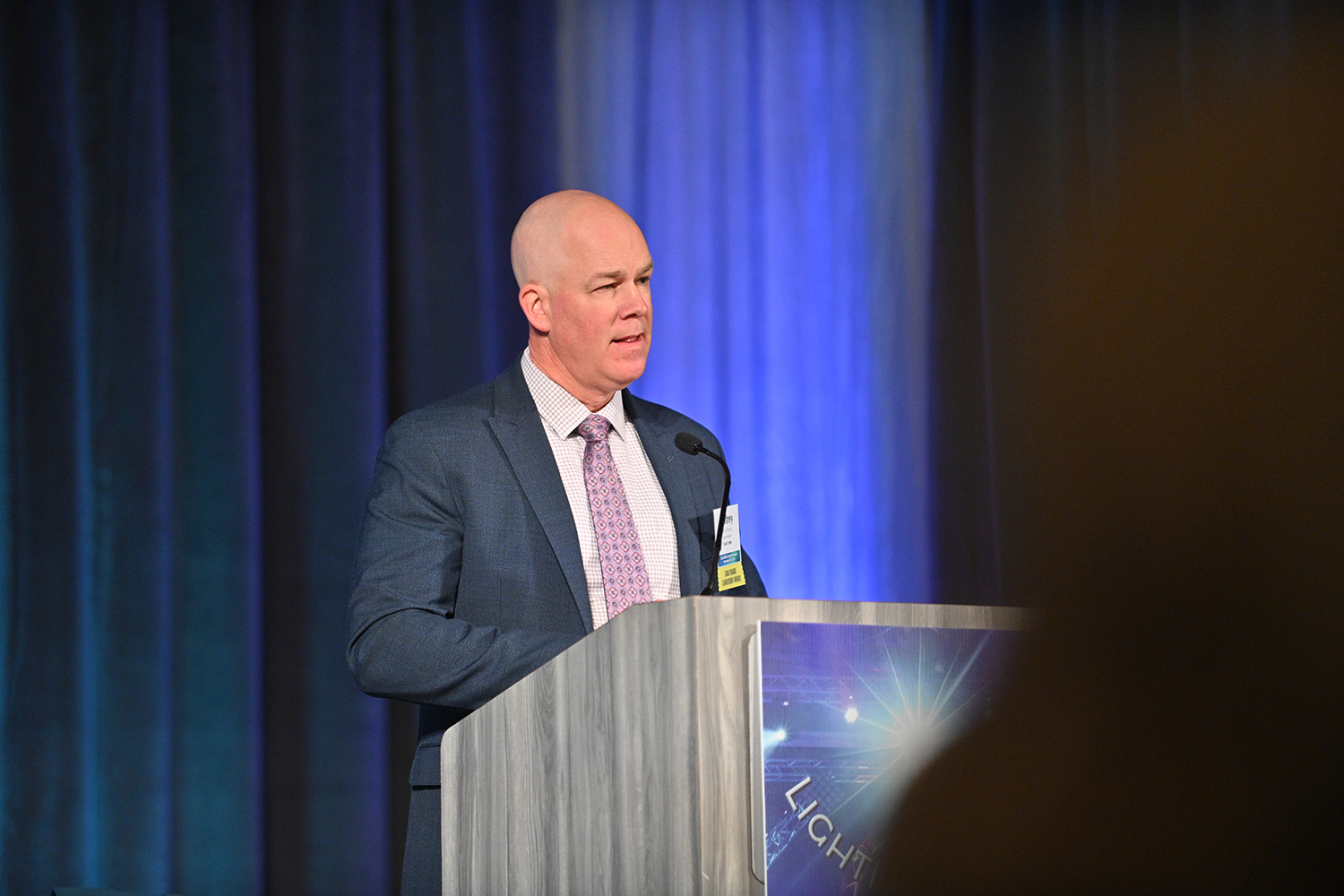The UConn Institute for Collaboration on Health, Intervention, and Policy (InCHIP), a University-wide multidisciplinary public health research institute, has seeded seven innovative pilot studies that aim to address public and human health concerns consistent with UConn and InCHIP’s missions.
InCHIP seed grants are internal funding opportunities that support pilot work that leads to a future external grant application in human health. InCHIP seeded $137,719 in total costs. The awards ranged from $10,000 to $25,000.
“Congratulations to InCHIP Seed Grant recipients. These awards reflect InCHIP’s mission to foster interdisciplinary research that improves the health and well-being of individuals and communities in Connecticut, the U.S., and across the globe,” says Tricia Leahey, Director of InCHIP.
For the 2023 fiscal year, InCHIP launched two new funding mechanisms to address college student mental health and U.S. health disparities. InCHIP also offered its traditional faculty seed grant.
InCHIP’s seed grants in college student mental health support pilot work aiming to support and improve the mental health of young adults ages 18 to 24. For many students and young adults, this developmental period can be laden with stress and limited resources.
This opportunity funded two projects:
- Developing a Mindfulness Intervention for Undergraduate Nursing Students’ Mental Health and Resilience
- Natalie J. Shook, Professor, School of Nursing
- Katherine Bernier Carney, Assistant Professor, School of Nursing
- Creating a Socially Engaged Mindfulness-Based Intervention: Enhancing Social Work Students’ Capacity for Wellbeing and Social Action
- Caitlin Elsaesser, Associate Professor, School of Social Work; Gio Iacono, Assistant Professor, School of Social Work
- Co-PIs: Kim Gans, Professor, Department of Human Development and Family Studies, InCHIP; Jolaade Kalinowski, Assistant Professor, Department of Human Development and Family Studies; Lisa Werkmeister-Rozas, Associate Professor, School of Social Work; Vamsi Koneru, Assistant Professor, Department of Psychiatry
Seed grants addressing U.S. health disparities aim to support projects that attempt to improve or mitigate the impact of health disparities. Health disparity populations in the U.S. include racial/ethnic minorities, those with immigrant/migrant/refugee status, LGBTQ+ identities, women, and low socioeconomic status.
This mechanism supported the following projects:
- A Proof-of-Concept Trial of a Social Media Delivered HPV Vaccination Intervention in Sexual Minority Women
- Sherry Pagoto, Director, Center for mHealth and Social Media; Professor, Department of Allied Health Sciences
- Co-PIs: Roman Shrestha, Assistant Professor, Department of Allied Health Sciences; Lindsay Palmer, Post-Doctoral Fellow, University of Massachusetts Chan Medical School
- Feasibility of Mindful Yoga for Sex and Gender Minorities to Bolster Young Adults’ Wellbeing (the SAGE study): A Randomized Controlled Trial
- Crystal Park, Professor, Psychological Sciences
- Beth Russell, Co-Director, Collaboratory on School and Child Health; Associate Professor, Human Development and Family Sciences
- Developing Activity-Based Retail Food Environment Measures as a Policy-Relevant Tool to Address Dietary Health Disparities
- Xiang (Peter) Chen, Assistant Professor, Geography
Faculty seed grants are available to InCHIP network members who are faculty at UConn Storrs, UConn Health, and the regional campuses for pilot work relating to human health and wellbeing. There were two projects that were awarded funding through this grant:
- Syndemic Analysis of HIV and Cardiovascular Diseases in Urban South Africa
- Nicola Bulled, Assistant Research Professor, InCHIP
- Co-PIs: Samanta Lalla-Edward, Ezintsha, University of Witwatersrand; Eustasius Musenge, Biostatistics, University of Witwatersrand
- Evaluating Readiness to Provide HIV Prevention Care Among Healthcare Providers in Sao Paulo, Brazil
- Pablo Kokay Valente, Assistant Professor, Department of Allied Health Sciences
- Co-PIs: Ricardo Helbert Bammann, Instituto de Infectologia Emilio Ribas; Anna Christina Nunes D’Ambrosio, Instituto de Infectologia Emilio Ribas; Irene Walter de Freitas, Instituto de Infectologia Emilio Ribas
InCHIP research funds are awarded through a panel review process like the National Institutes of Health’s approach. There is both a grant mentoring component and reviewer mentoring process for junior reviewers. Faculty could apply for funding in four categories: UConn faculty; college student mental health; mid-career development funds; rolling seed grants to develop interdisciplinary research teams.
InCHIP has opened the next round of Seed Grants for UConn Faulty. This opportunity will fund four to five pilot projects this academic year. Applications will be accepted on a rolling basis during the fall semester through November 17, 2023 at 11:59 p.m. and the application portal will re-open in January 2024. The spring semester deadline will be April 19, 2024 at 11:59 p.m.
To encourage investigation into how the environment impacts human health and strengthen community-academia partnerships, InCHIP launched two new seed grant opportunities.
InCHIP’s Community-Engaged Health Research Seed Grant will award up to $10,000 for UConn faculty pursuing a pilot study that seeks to address a need identified by or in collaboration with a community stakeholder.
The Seed Grant for Pilot Studies in Environmental Health will provide $5,000 to $10,000 for up to two projects that examine how climate change, exposure to environmentally associated diseases or substances, and hazardous environments affect health and policies that could prevent or mitigate these impacts.
Additional information about InCHIP’s internal funding opportunities is available here.



